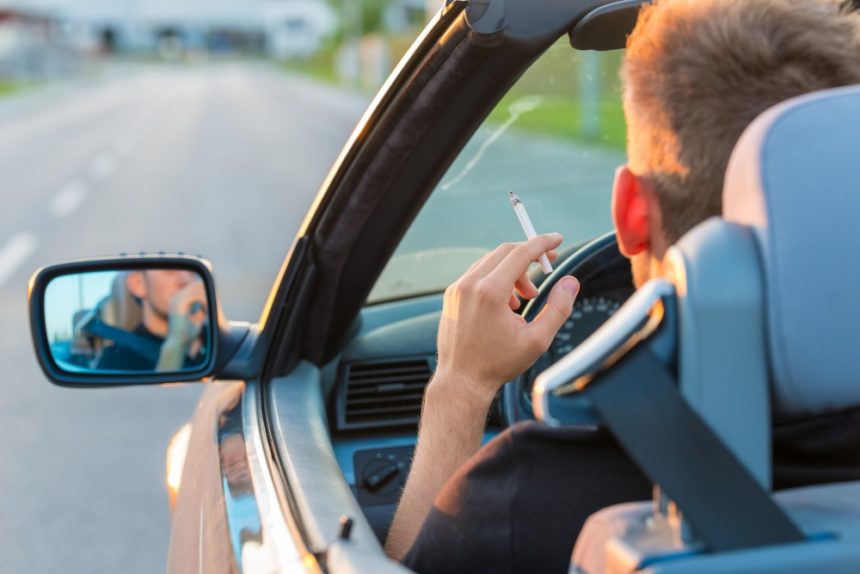With several states legalizing marijuana for medical or recreational use, driving while high is a growing problem. Data from the National Highway Traffic Safety Administration (NHTSA) shows that over 16% of nighttime drivers were high on impairing substances, and that half were under the influence of marijuana.
The standards for marijuana levels vary from state to state, with some states having no standards at all. Additionally, scientists are yet to agree on the level at which an individual is deemed impaired. Further exacerbating the problem is that apart from a blood test, a specific field sobriety test to assess drivers for levels of marijuana doesn’t exist. For these reasons, traffic accidents associated with legalized marijuana use have significantly increased.
Effects of Legalized Marijuana on Car Accidents
The impact of legalized marijuana on car accidents is the surge in car collisions, injuries, fatalities, and accident claims. A Highway Loss Data Institute’s study shows an increase in vehicle crashes and accident claims in states that have legalized marijuana use. Insurance companies in Colorado, Washington, and Oregon recorded a 3% surge in claim rates.
The institute analyzed how accident claim rates before and after Marijuana became legalized measures against the accident claim rates of corresponding states where marijuana is still prohibited. The results revealed that Colorado had the highest surge in accident claims with 16%, followed by Washington with 6.2%, while Oregon came third with 4.2%.
Colorado and Washington show higher accident and injury claim rates. The two states were the first to approve the use of marijuana for recreational purposes. Due to the unavailability of a definitive field sobriety test for marijuana, substantiating that the accidents were directly linked to marijuana use is difficult. Accident attorneys frequently see drivers high on alcohol, illegal drugs, marijuana, or other medications, particularly teenage drivers.
The Risks of Driving High
While many people consider marijuana to be safe, it can significantly affect the brain. Like opioids, cocaine, methamphetamine, and certain prescription medications, marijuana can weaken cognitive functions that are crucial for safe driving abilities. Driving high on marijuana endangers the drugged driver, other drivers on the highway, and pedestrians near the area.
Multiple studies reveal that marijuana use compromises the ability of a driver to make important decisions while driving. It also impairs a driver’s capability to discern correct distance and speed, lowers physical coordination abilities, reduces reaction times, and decreases the ability to remain attentive on the road.
Drivers who are frequently high on marijuana tend to speed, ignore traffic signals, and break traffic laws. These marijuana-induced actions often result in reckless driving accidents that leave other road users injured or even killed.
Legal Consequences of Driving High
DUI laws prohibit drivers from all kinds of intoxication. This includes driving under influence (DUI) of alcohol, illegal drugs or substances, legal marijuana, a prescription medication, or an over-the-counter (OTC) drug. Nevada, for instance, has a list of drugs and substances that are prohibited for drivers. Drugged driving in the state attracts steep penalties. Drivers accused of driving high on marijuana should, therefore, seek sufficient legal representation to prevent severe penalties and a possible jail sentence.









